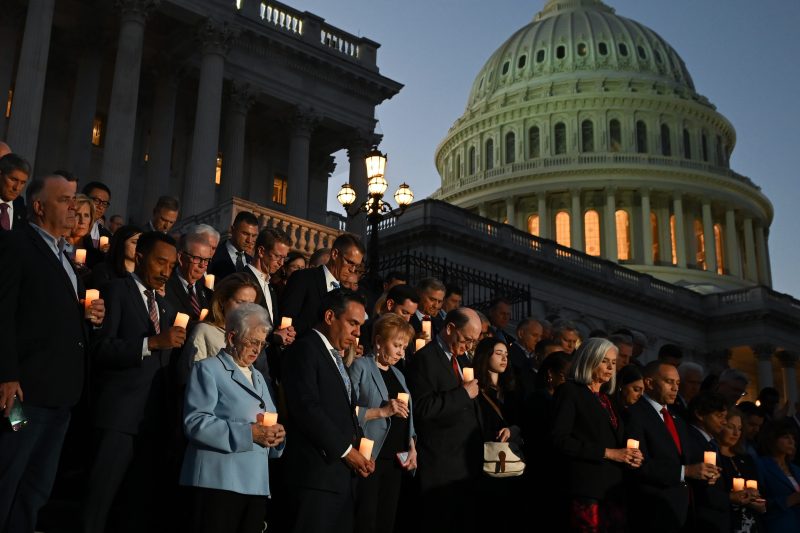The ongoing battle between Israel and Palestine for the support of the United States has been a long-standing issue in the international community. For years, both sides have sought to use their influence in Washington to sway the government’s support in their favor. Unfortunately, in the most recent conflict, it appears that only one side has managed to come out on top.
The most recent example of this comes from the new U.S. policy of recognizing Jerusalem as Israel’s capital and relocating the American embassy to the city. This dramatic shift in stance sparked widespread condemnation from Palestinians, who recognized the implications of such a move. As it turns out, Palestine and the United States have been at an impasse for years, unable to come to a solution that would satisfy both sides.
The debate in Congress (which has long been a key battleground for both sides) has been particularly heated. In 2017, the motion to declare Jerusalem as the Israeli capital was passed with only a handful of dissenting votes. Meanwhile, the resolution reaffirming the two-state solution and Palestinian’s right to self-governance failed to pass, despite receiving support from several prominent lawmakers.
In the aftermath of this vote, many have pointed to the lobbying efforts of U.S. pro-Israel groups as a major factor in the outcome. Pro-Israel groups have long invested large sums of money into their lobbying efforts, outspending their pro-Palestine counterparts.
In the minds of many in the pro-Palestine camp, it is these big-moneyed lobbying groups which have hamstrung progress, and the United States’ policy towards Israel which has enabled them to do so. With continued support from Washington, it looks like Palestinian efforts to convince Congress to act in their favor will likely continue to be met with disappointment.
It is our hope that, in the near future, the United States will take a more even-handed approach and work to find a solution that will be acceptable to both sides. The ongoing battle between the U.S. and Palestine for control of the international arena should be resolved in a way that is beneficial to all parties.
